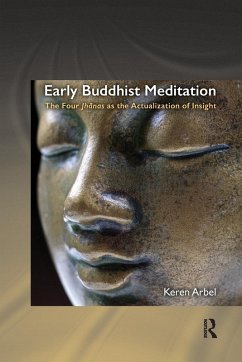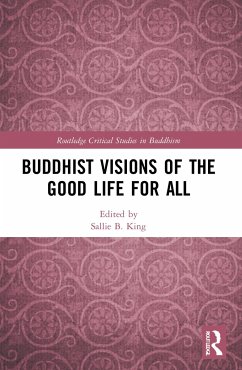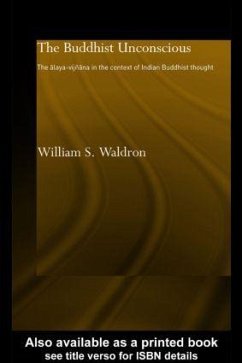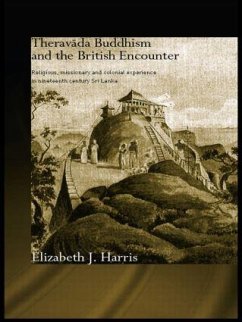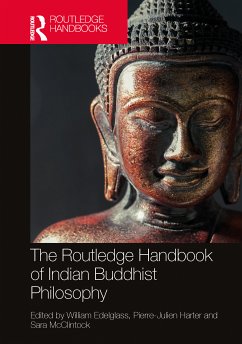
The Notion of Ditthi in Theravada Buddhism
The Point of View
Versandkostenfrei!
Versandfertig in 6-10 Tagen
60,99 €
inkl. MwSt.
Weitere Ausgaben:

PAYBACK Punkte
30 °P sammeln!
The notion of 'view' or 'opinion' (ditthi) as an obstacle to 'seeing things as they are' is a central concept in Buddhist thought. This book considers the two ways in which the notion of views are usually understood. Are we to understand right-view as a correction of wrong-views (the opposition understanding) or is the aim of the Buddhist path the overcoming of all views, even right-view (the no-views understanding)? The author argues that neither approach is correct. Instead he suggests that the early texts do not understand right-view as a correction of wrong-view, but as a detached order of...
The notion of 'view' or 'opinion' (ditthi) as an obstacle to 'seeing things as they are' is a central concept in Buddhist thought. This book considers the two ways in which the notion of views are usually understood. Are we to understand right-view as a correction of wrong-views (the opposition understanding) or is the aim of the Buddhist path the overcoming of all views, even right-view (the no-views understanding)? The author argues that neither approach is correct. Instead he suggests that the early texts do not understand right-view as a correction of wrong-view, but as a detached order of seeing, completely different from the attitude of holding to any view, wrong or right.





